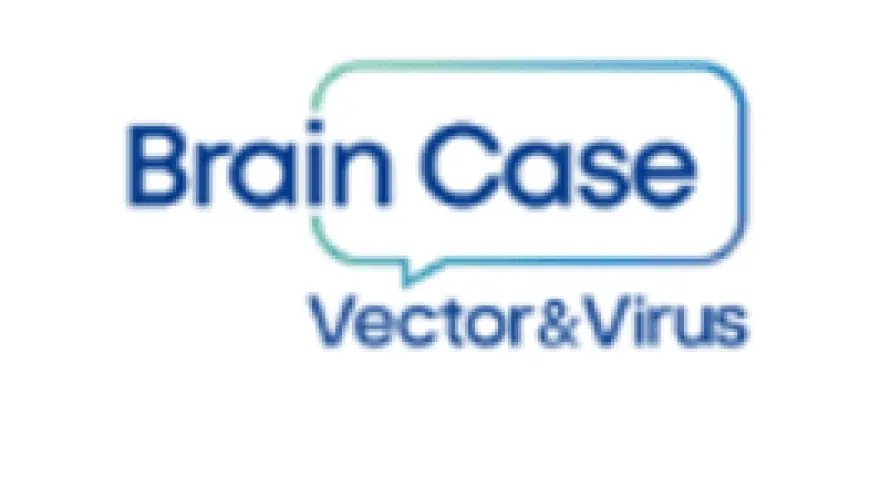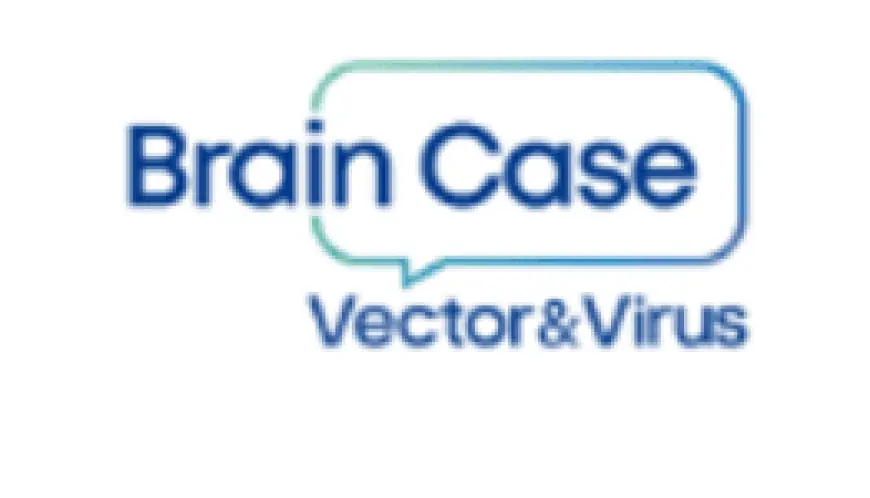HSV Gene Therapy: A Promising Approach to Herpes Treatment
HSV Gene Therapy: A Promising Approach to Herpes Treatment

Herpes simplex virus (HSV) is a common viral infection that affects millions of people worldwide. While HSV infections can be managed with antiviral medications, there is currently no cure. However, recent advancements in gene therapy offer a promising new approach to treating HSV.
HSV gene therapy involves using modified viruses to deliver therapeutic genes to infected cells. These genes can then HSV gene therapy produce proteins that help to fight the virus or boost the immune system's response to it.
One promising approach to HSV gene therapy involves using a modified form of HSV itself as a vector to deliver therapeutic genes. This approach is based on the fact that HSV is a neurotropic virus, meaning that it can infect nerve cells. By modifying HSV so that it cannot replicate, researchers can use it to deliver therapeutic genes to nerve cells, where the virus typically lies dormant.

Another approach to HSV gene therapy involves using adeno-associated viruses (AAVs) as vectors. AAVs are non-pathogenic viruses that can infect a wide range of cells, including nerve cells. AAVs can be genetically engineered to carry therapeutic genes and deliver them to infected cells.
Clinical trials of HSV gene therapy are currently underway. These trials are investigating the HSV gene therapy safety and efficacy of various gene therapy approaches for treating HSV infections.
While HSV gene therapy is still in its early stages of development, it holds significant promise as a potential cure for this common and debilitating infection.
What's Your Reaction?
 Like
0
Like
0
 Dislike
0
Dislike
0
 Love
0
Love
0
 Funny
0
Funny
0
 Angry
0
Angry
0
 Sad
0
Sad
0
 Wow
0
Wow
0























































